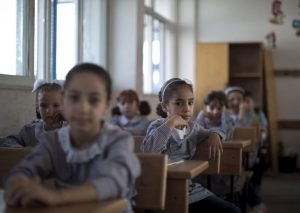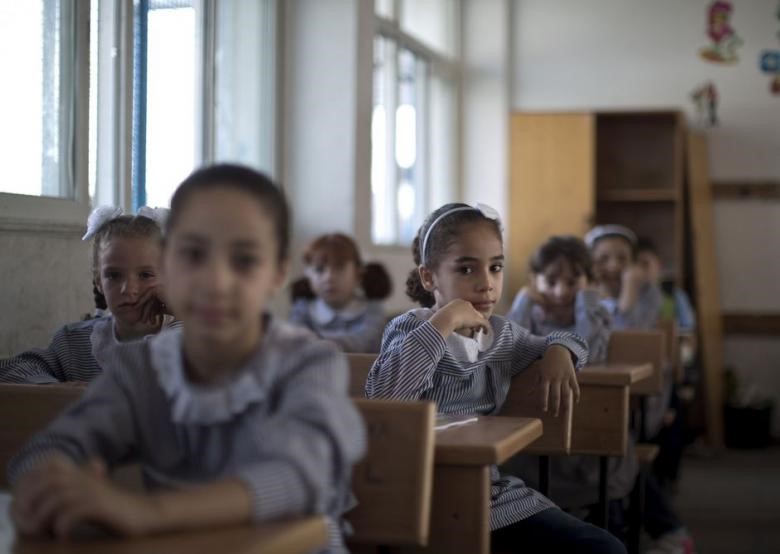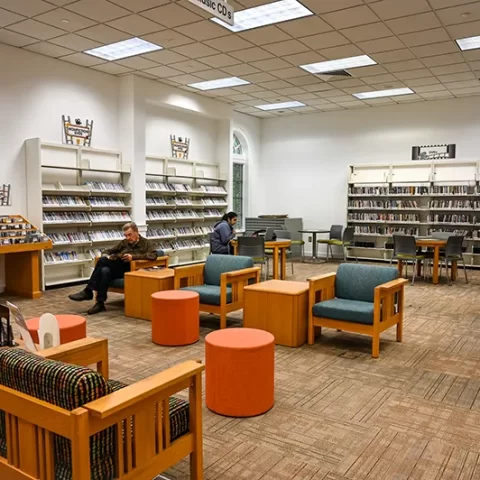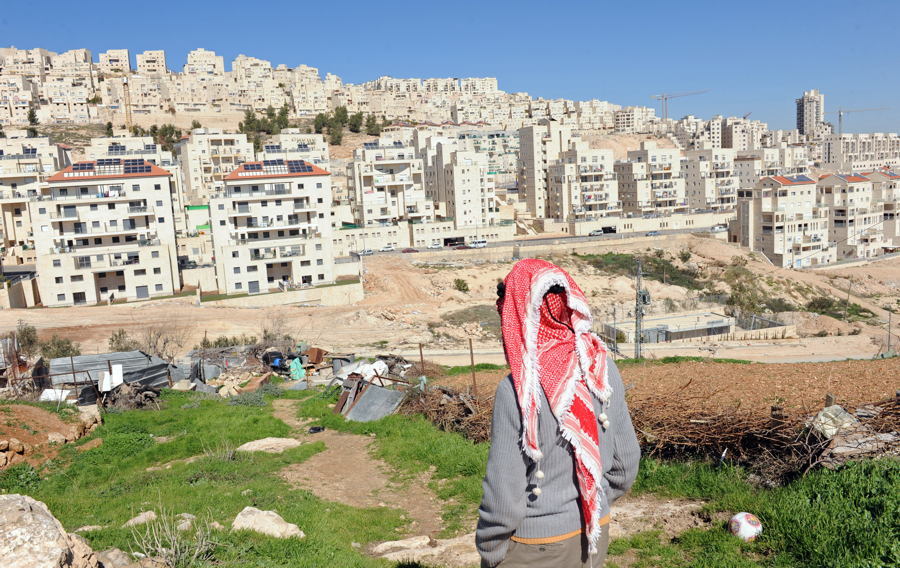By: Cait Felt

(Photo: AFP- Mahmud Harris)
It’s autumn again, and children all over the world are back in school. In East Jerusalem many children are returning to the same schools they left in the spring. But as soon as they open their textbooks (with Hebrew writing on the cover), they may be in for a surprise. Many schools in East Jerusalem feel that they have no choice but to adopt Israeli curriculum and textbooks this year.
The choice to move to Israeli lessons is a heart-wrenching but necessary move for many Palestinian educators. The updated curriculum is by all accounts more advanced and allows the students to be better prepared for higher education. It also presents the history of the region in an obviously biased way and uses Hebrew rather than Arabic to communicate lessons. Thus Palestinian parents and educators alike are torn between giving their children a better start in life and fostering their unique national identity.
Granted, the choice is up to the Palestinian authorities within each school (and in some cases each student) and is not being forced upon them by Israeli officials. The government of Israel has even made statements asserting that this offer of equal education opportunities for Israeli and Palestinian children alike is an attempt to bridge gaps between future generations of the two nations and treat them all as equal citizens. This certainly sounds good on paper, but in practice, the nationalism prevalent in the social sciences and history lessons is too much for many Palestinian parents to handle. Palestinian spokespeople have even said that it was a thinly veiled Israeli attempt to “brainwash their young charges.”
Other Palestinians, however, cannot give up their pride in their threatened nation in exchange for educational opportunities. In a world where the Palestinian culture is often disregarded, many of these non-citizens hold more tightly to any strand of their lingering rights as a nation. Parents and older Palestinian students (who in some schools are choosing their own path of curriculum) are at an impasse on whether to allow a government they have been taught to hate give them the opportunity they desperately need.
This situation is reminiscent (though somewhat less domineering) of the Dawes Act (also called the Assimilation Act) of 1924 in the United States. The U.S. Congress passed a bill which forced many Native American children to be taught in the Western style and with American curriculum, among other things. Similarly, this curriculum completely skipped over many important parts of Native American history and often portrayed their native culture in an obviously biased and negative light, just as the Israeli curriculum is said to do to Palestine. Another parallel is in the language in which lessons must be taught. Native Americans who had never learned any language but their own were suddenly forced to learn only in English, as Palestinians must now take many lessons in Hebrew instead of their native Arabic.
Despite their nationalism, educators and parents making this decision must consider the positive impact it could bring for the Palestinian nation as a whole. Currently, only about 4 percent of the total college-aged Palestinian population earn a degree from a four-year university. There are ten Palestinian universities, but none have a particularly good reputation due to a lack of funding and the generally low education levels in the population as a whole. This lack of education is commonly considered by pro-Israel activists to be one of the reasons that Palestine could not function to its full potential were it given the status of statehood. If this problem was remedied by a better education system, however, some Palestinians are hopeful for the future of Palestine under an educated leadership and populace.
The Palestinian community as a whole is facing huge conflict within itself, as some condemn those who have chosen to take the more strenuous Israeli curriculum in an effort to increase their chances at a higher education. Notably, a group of Palestinian men organized a sit-in in front of one of the revolutionized schools in protest against the curriculum they consider radical, a curriculum they consider the first step in brainwashing their children so that future generations of Palestinians will be more amenable to Israel. Some have insisted that rather than give in to this system that their countrymen and women should instead fight for quality Palestinian education systems for all of their children.
The issue of choice here has caused a rift in families, communities, and ultimately the entire Palestinian nationality. The choice comes down to the trade-off between a chance at education and a pride in one’s own nation. Can any of us definitively say that we could make one choice or the other if put in this situation? More importantly, should anyone have to make this arduous choice?


